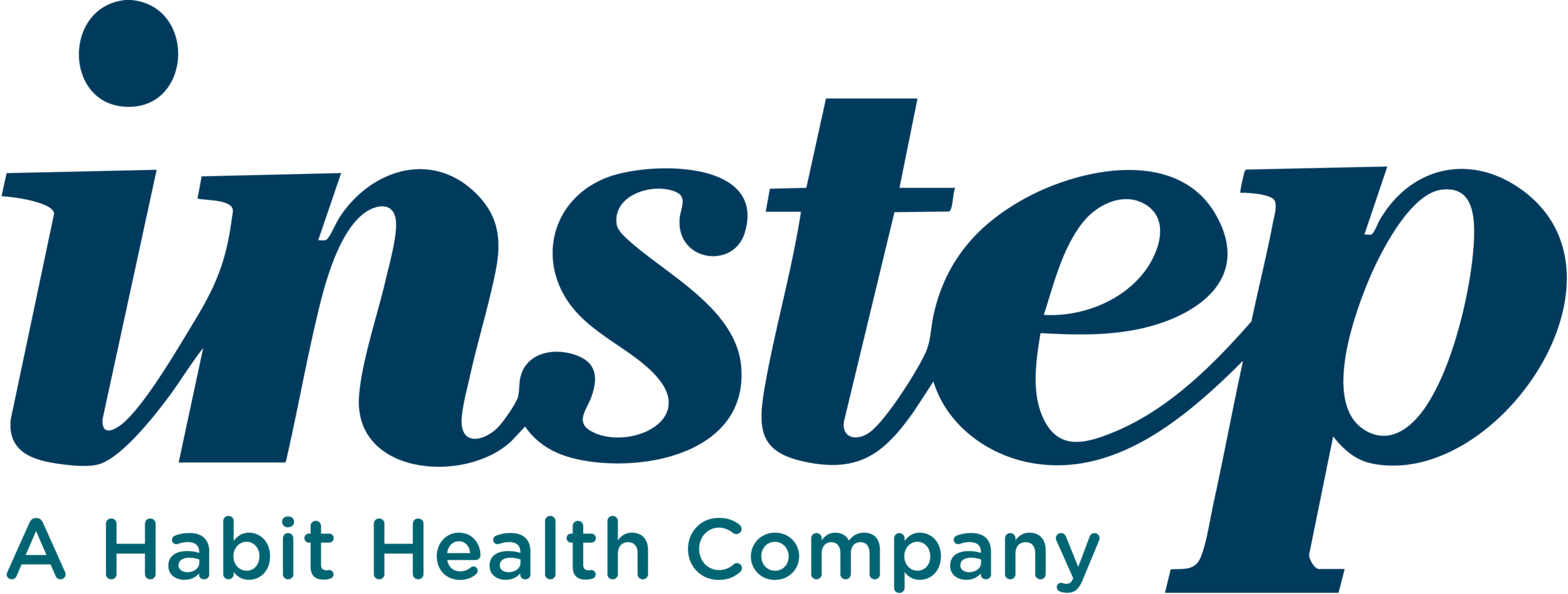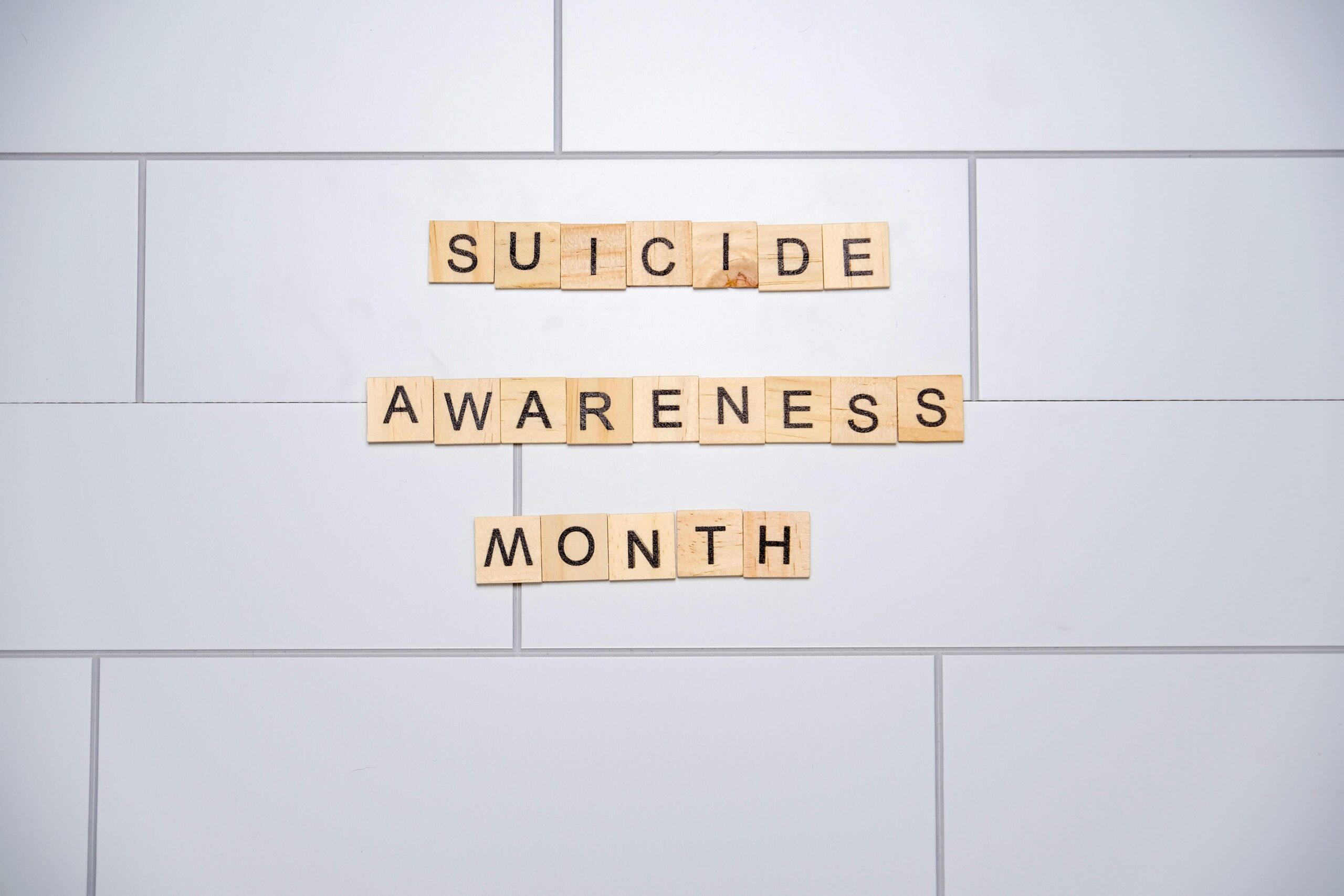Many of us know someone who drinks alcohol, and sometimes we worry about whether their drinking—or our own—has crossed an invisible line. But what exactly is that line, and how do we know when casual drinking becomes something more serious?
Alcohol Use Disorder (AUD), formerly known as alcoholism, isn’t as simple as drinking too much or too often, although that can increase the risk of developing the disorder. AUD is a complex health condition that develops over time, often catching people off guard. Think of it like a slow-moving storm that builds up rather than a sudden downpour.
What makes someone more likely to develop AUD? While there’s no single answer, several factors can stack the deck. Having family members who struggle with alcohol, being part of a minority group for example the LGBTQI+ community or managing mental health conditions like bipolar disorder can increase the risk. However, having these risk factors doesn’t mean someone is destined to develop problems with alcohol—it just means they might need to be more mindful of their relationship with alcohol.
The tricky part about AUD is how it changes our thinking along the way. Unlike a physical illness where we’d rush to the doctor at the first sign of trouble, people often focus on what isn’t wrong rather than what is. For example, someone might think, “Well, I never drink in the morning, so I can’t have a problem,” while overlooking other concerning signs like failed attempts to cut back or feeling guilty about drinking.
How can you tell if you or someone you care about might be developing AUD? Here’s a simple starting point: have you ever wondered if you could have a problem with alcohol? It might surprise you to learn that people who drink without problems rarely seriously consider this question.
If you find yourself pondering it, consider these follow-up questions:
- Have you tried to cut down on drinking but couldn’t?
- Do you sometimes get defensive when people mention your drinking?
- Do you feel guilty about your drinking?
- Have you ever needed a drink first thing in the morning?
Answering ‘yes’ to two or more of these questions suggests it might be time to talk with a healthcare professional who understands substance use. These professionals aren’t there to judge—they’re trained to help people understand their relationship with alcohol and work toward their personal goals, whatever those might be.
The good news is that getting help early can prevent many of the serious consequences that can come with long-term alcohol problems, such as damage to your liver and brain, relationship difficulties, and legal troubles. While some people manage to change their drinking habits on their own, research shows that getting support significantly improves their chances of success.
Remember, having AUD doesn’t mean someone is weak or morally flawed. Like diabetes or heart disease, it’s a health condition that responds to proper treatment. The key is recognising when alcohol might be becoming a problem and being willing to reach out for help.
If you’re concerned about your drinking or worried about someone else’s, consider speaking with an Instep Registered addiction practitioner. They can provide the support and guidance needed to make positive changes and work toward a healthier relationship with alcohol.




